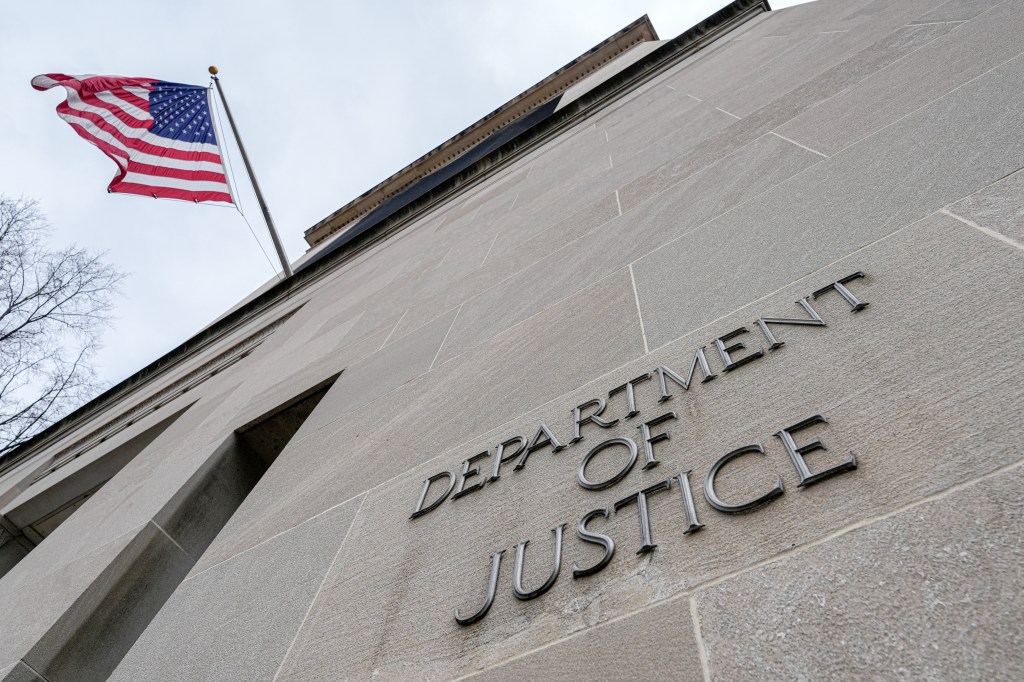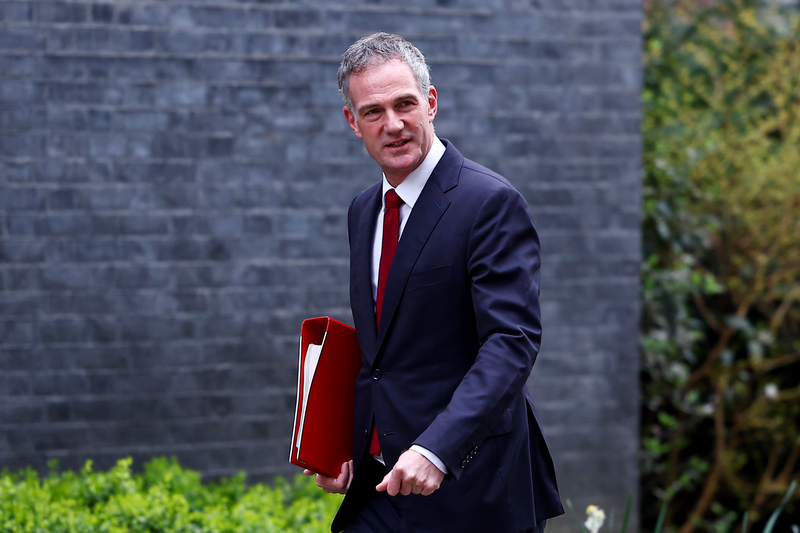The UK government has announced the abolishment of the country’s Payment System Regulator (PSR) in what it calls “the latest step in reducing the burdens on business.”
In a press release, the government has once again insisted regulation will be cut back as part of the Prime Minister Keir Starmer’s agenda to boost economic growth “that puts more money in working people’s pockets.”
“The regulator will continue to have access to its statutory powers until legislation is passed by Parliament to enact these changes,” according to the press release.
Merged into FCA
The government has also confirmed the PSR’s duties and objectives will be consolidated into the FCA, and says the change will make it easier for businesses to deal with a single agency.
The decision has been made in response to complaints from businesses, especially payments firms, who said they had to deal with three different agencies due to the complexity of the UK’s regulatory landscape.
It also comes a week after Visa and Revolut accused the watchdog of overstepping its authority by introducing a cap on international digital transactions fee. Both firms have also filed legal challenges against the PSR.
The step is part of the government’s broader Plan for Change program, and PM Starmer insists it will stop regulators from bloating and blocking “meaningful growth in this country.”
“The entire regulatory landscape will continue to be reviewed and finessed as part of a wider Government effort to kickstart economic growth,” the government has warned once again.
Reactions
Commenting on the government’s decision, the chancellor Rachel Reeves has, once again, argued that the UK’s current regulatory system is not fit for purpose and, in her words, is choking off innovation. “We will free businesses from that stranglehold, delivering on our Plan for Change to kickstart economic growth and put more money into working people’s pockets,” she has said.
Reacting to the announcement, FCA chief executive Nikhil Rathi has praised the work carried out by the PSR so for, insisting that it has “made payment systems safer, more competitive and increasingly innovative.” In a brief statement, Rathi insisted it is the right time to put in place a more streamlined regulatory framework due to the changes in the overall payments landscape.
But other experts have called the change “a crowd-pleasing thing to do.” Former FCA chair Charles Randell was quoted by the Financial Times saying: “I don’t think it would produce payback in the life of this parliament.”
For now, the government seems determined to continue with its deregulatory agenda. Senior ministers recently hinted at behind-the-scene plans to reshape the UK’s regulatory landscape.
There were also reports last month that the government was planning to carry out an independent audit of the UK’s more than 130 regulators, to measure their performance and assess their need.
Last October, PM Starmer promised investors he will put an end to regulation that was holding back economic growth. And, as part of that agenda, the government has already:
- lifted the onshore wind ban;
- introduced the Planning and Infrastructure Bill;
- launched the root and branch review of the water sector;
- set financial services regulators on a growth agenda;
- set up a review of all environmental regulation.















